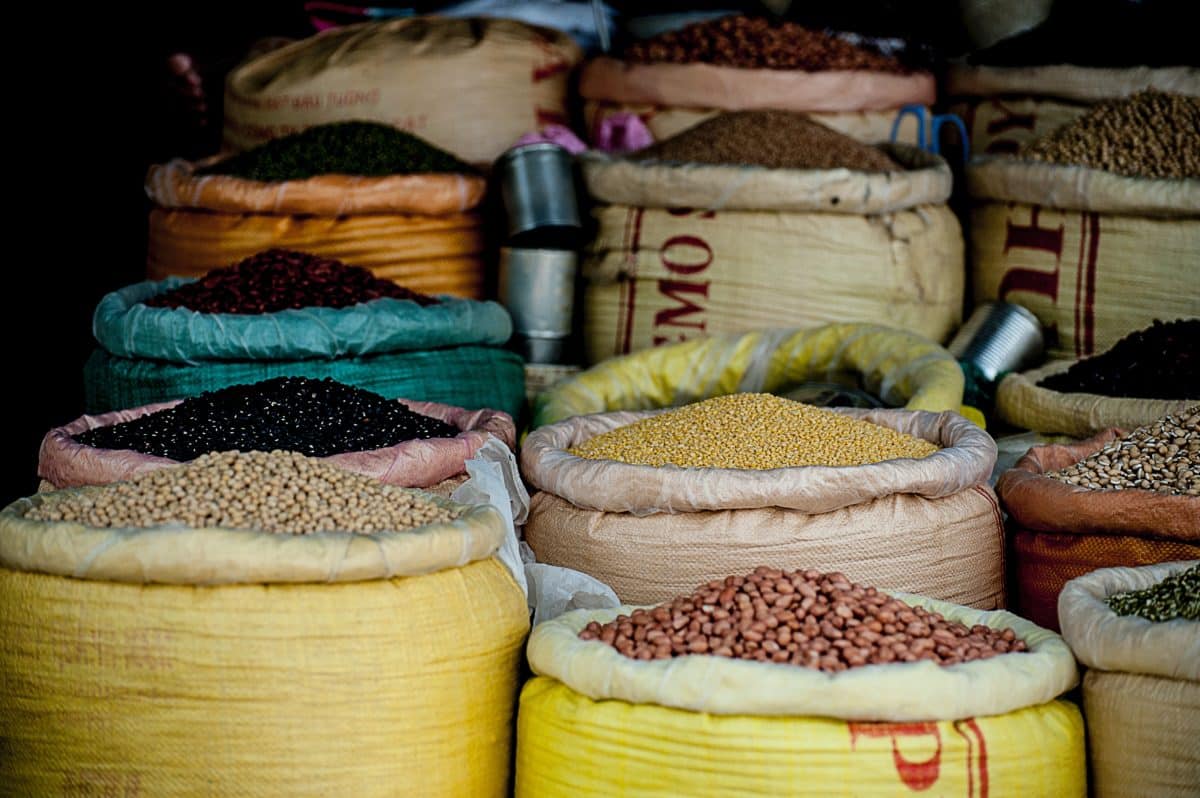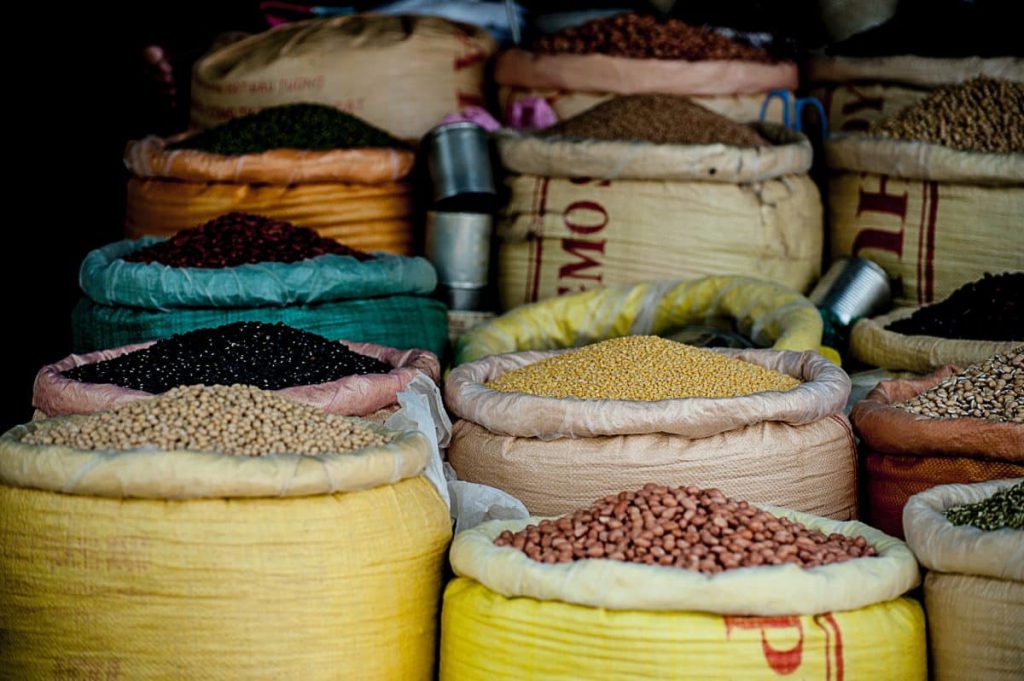
The Dynamic Trio: Giants of the Soft Commodities
The world of soft commodities is as fascinating as it is diverse. Among the most notable players in this realm are coffee, cocoa, and sugar. These three commodities not only tantalize our taste buds but also drive economies and shape global trade. This article delves into the intriguing world of coffee, cocoa, and sugar. Exploring their production, market dominance, and the forces influencing their prices.
Coffee: Brazil’s Mastery of These Soft Commodities
When it comes to coffee, Brazil reigns supreme. With a staggering 33% market share, Brazil stands tall as the world’s largest grower and exporter of coffee. Rich soil and a favorable climate provide the ideal conditions for cultivating high-quality coffee beans. The aromatic beans produced in the sprawling coffee plantations of Brazil find their way to the cups of coffee lovers worldwide.
Cocoa: From West African Shores to Dutch Expertise
Ivory Coast and Ghana jointly produce two-thirds of the world’s cocoa. These West African nations have mastered the art of growing cocoa, nurturing the delicate trees that bear this heavenly fruit. However, the Netherlands steals the spotlight as the world’s biggest processing country of cocoa beans. Utilizing their technological expertise and strategic geographical location, Dutch processors transform raw cocoa beans into the luscious chocolate products we adore.
Sugar: India’s Sweet Success and the Ethanol Revolution
As the world seeks cleaner and renewable fuel alternatives, sugar has emerged as a crucial player in the energy domain. In 2018/19, India overtook Brazil to become the largest sugar producer, a significant feat driven by the rise in ethanol demand. Sugar, acting as a major feedstock, intertwines its fate with energy values.
With its vast sugarcane fields, India has harnessed the potential of this versatile crop, propelling it to the forefront of sugar production. The nation’s efforts to meet global ethanol demands have transformed sugar prices. Making them intricately connected to the energy market dynamics.
The Interplay of Factors In Soft Commodities
While the dominance of Brazil in the coffee market, the prowess of the Netherlands in cocoa processing, and India’s triumph in sugar production are noteworthy. The soft commodity markets, including CFD commodities, are shaped by an intricate web of factors. Factors such as weather conditions, global demand and consumption patterns, technological advancements, and geopolitical dynamics all play a role in determining prices and market dynamics for these commodities. Commodity traders, utilizing advanced technologies and leveraging commodities trading platforms, actively participate in these markets, analyzing market trends and making strategic decisions to capitalize on price fluctuations and supply-demand imbalances.
In conclusion, the soft commodity markets of coffee, cocoa, and sugar are a captivating blend of cultivation, processing, and trade. Brazil’s coffee plantations stretch across the horizon, while Dutch processors transform cocoa beans into chocolate delights. Meanwhile, India’s sugar industry triumphs amid rising ethanol demand. Each of these soft commodities represents a unique story, highlighting the interconnectedness of our globalized world. As consumers, we can appreciate the skill and dedication behind each sip of coffee, the bite of chocolate, and the spoonful of sugar, all made possible by the relentless efforts of farmers, processors, and traders worldwide.



